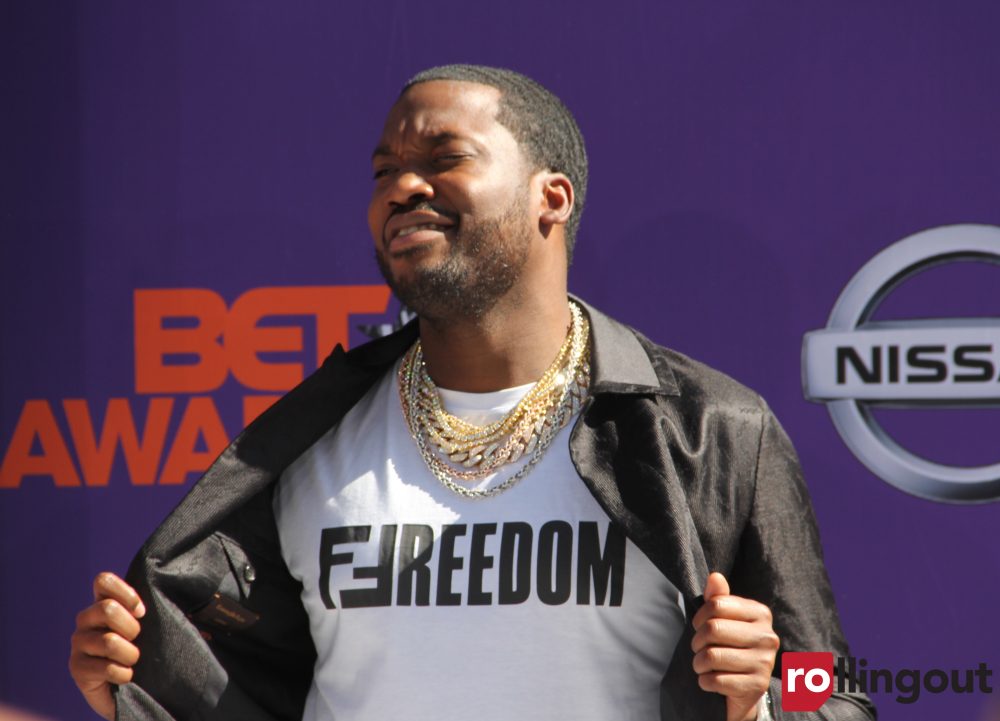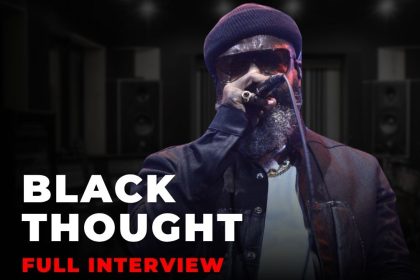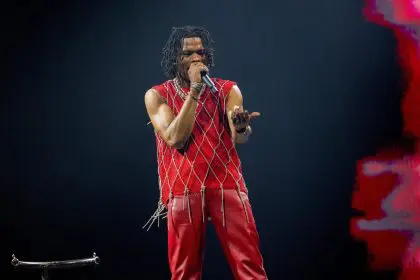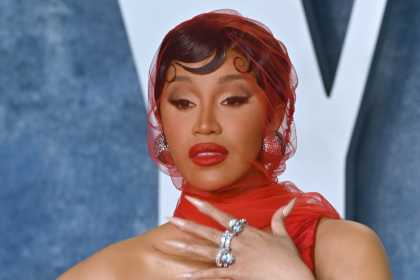A significant controversy has erupted in the entertainment world as Philadelphia rapper Meek Mill publicly confronted comedian Andrew Schulz over inappropriate comments about acclaimed artist Kendrick Lamar. The incident has transformed into a broader discussion about entertainment boundaries and cultural sensitivity in modern comedy.
Setting the stage
During a recent episode of FLAGRANT, Schulz’s podcast platform, the comedian made remarks about Kendrick Lamar that crossed several lines of propriety. The comments, involving physical domination and non-consensual scenarios, immediately drew sharp criticism from various entertainment industry figures and fans alike. The podcast segment rapidly circulated across social media platforms, creating a ripple effect throughout the entertainment community.
Cultural implications and response
The incident has illuminated deep-seated concerns within the Black entertainment community regarding the treatment of serious cultural issues in comedy. Meek Mill’s response on social media platforms highlighted the stark contrast between different cultural perspectives on humor and respect. His statements emphasized how certain topics, particularly those involving Black masculinity and dignity, demand careful consideration rather than casual comedic treatment.
Industry-wide reaction
The entertainment industry’s response demonstrated a united front against inappropriate humor. Notable figures from various sectors of the industry stepped forward to address the situation. The president of Top Dawg Entertainment and other prominent industry voices joined the discourse, emphasizing the need for more thoughtful approaches to comedy and entertainment.
The broader conversation
This incident has catalyzed a deeper examination of comedy’s role in modern society. The entertainment industry faces increasing pressure to balance creative freedom with social responsibility. This situation has particularly highlighted how comedy can either bridge or widen cultural divides, depending on its execution and context.
Moving forward
The entertainment industry stands at a crucial juncture where artists, comedians, and content creators must navigate an increasingly complex landscape of social awareness and artistic expression. This incident serves as a significant marker in the ongoing evolution of entertainment culture, particularly regarding the intersection of comedy, race, and respect.
The situation has prompted many industry figures to call for more nuanced approaches to comedy and entertainment. The focus has shifted toward creating content that can entertain while maintaining respect for diverse perspectives and experiences. This balance becomes increasingly crucial as social media continues to amplify voices and reactions across cultural boundaries.
Entertainment industry experts note that this incident reflects a larger pattern of necessary change in how comedy approaches sensitive topics. The traditional “anything goes” approach to comedy faces increasing scrutiny as audiences become more aware of social dynamics and cultural sensitivities.
The impact extends beyond immediate reactions, potentially influencing how future comedy content is created and received. Industry observers suggest that this could lead to more thoughtful approaches to comedy writing and performance, particularly when addressing culturally sensitive topics.
This situation has also highlighted the power of social media in shaping entertainment industry discourse. The rapid spread of both the original comments and subsequent responses demonstrates how quickly contemporary audiences can mobilize to address perceived violations of social and cultural boundaries.
The entertainment industry’s future may depend on finding new ways to create engaging content while maintaining respect for diverse perspectives. This includes developing new approaches to comedy that can entertain without marginalizing or disrespecting any particular group.
The incident has also sparked discussions about responsibility in entertainment. Questions arise about the role of platforms in monitoring content and the balance between artistic freedom and social responsibility. These conversations could influence future industry standards and practices.
Industry professionals emphasize the importance of understanding cultural context when creating content. This includes recognizing how different communities might interpret and react to certain types of humor, particularly when it involves sensitive topics or cultural dynamics.















